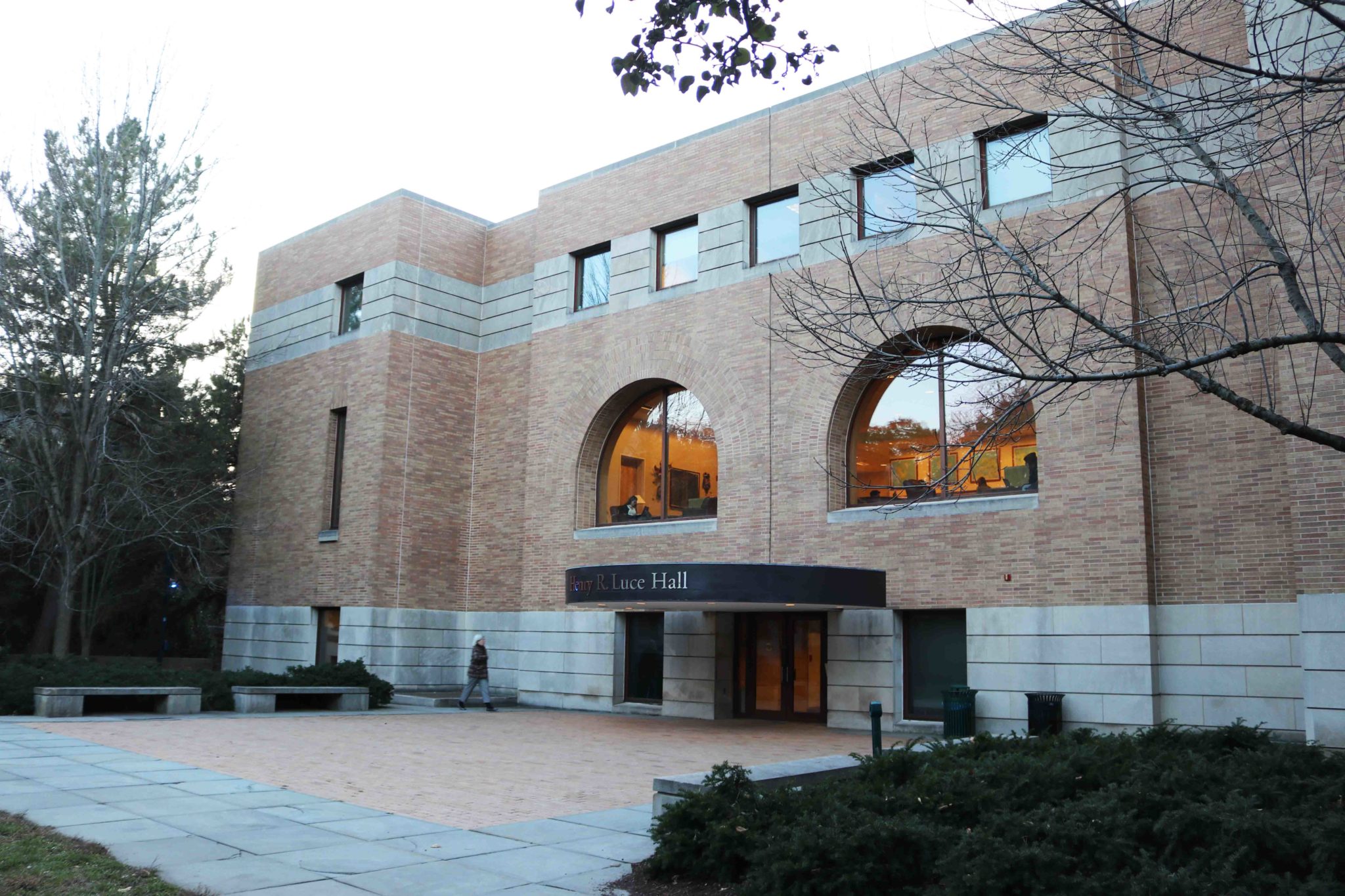
Kai Nip
The Critical Innovation Fund — a collaborative effort by the Tsai Center for Innovative Thinking at Yale, La Casa Cultural and the Council on Latin American and Iberian Studies at the MacMillan Center — announced the five winners of its prize for innovative proposals that address pressing immigration challenges in America.
The winning proposals included starting services to document indigenous languages, creating leadership education for LGBTQ Latinx youth, launching an app with a digital map of Greater New Haven resources, curating exhibitions that celebrate the innovative use of mundane spaces by underrepresented minorities and filming a documentary to raise awareness of an immigration program called Temporary Protected Status. Each project’s authors received $1,500, and many of them intend to use the money towards the implementation of their projects.
“The fund was created to encourage and empower students to think creatively about immigration issues,” said Claudia Valeggia, an anthropology professor and chair of the Council on Latin American & Iberian Studies. “CLAIS is committed to support projects that have a positive impact on the predicament of migrant communities, and partnering with Tsai CITY and La Casa Cultural on a common project like the Critical Innovation Fund has been a rewarding experience.”
The program, which was founded last fall, held information sessions at the beginning of last semester and accepted applications until Nov. 15. Interdisciplinary teams from Yale and New Haven were eligible to apply as long as each team had at least one Yale student.
A five-person panel selected the award winners. According to Valeggia, who was one of the judges, five criteria were used to judge the proposals: innovativeness, amount of focus on underrepresented voices, relevance to the challenge of immigration in America, connection to other immigration challenges and the originality and creativity of the concept.
“What was most striking when we selected the projects was that they were all deeply rooted in lived experiences of the applicants, which were heart-wrenching, inspiring, but, most importantly, hopeful,” Valeggia said by email. “I was impressed by the high level of creativity and engagement and it was extremely hard to select just five projects. All of them were outstanding in the concepts and the impact on migration issues.”
One of the winners was the Resource Access Mapping Project — a free multilingual digital platform that will connect members of the Greater New Haven community to resources such as food, education, healthcare, housing, legal assistance and employment.
Luisa Graden ’20, the leader of the 40-person organization running the project, said that she was “incredibly thankful” for the grant.
“Our philosophy is that community members experiencing barriers to resource access are the experts of how to address these challenges,” she said. “This grant will help us connect with more New Haven residents and [seek] their input in the design and content of the app.”
Jaden Morales ’19 and Fernando Torres ’19 developed a project called “Documenting and Maintaining Indigenous Languages for (Im)migrants and Asylum-Seekers Database.”
According to Morales, the project seeks to create a countrywide information database of Latin American indigenous interpreters to supply “direct interpretation support” for existing community organizations and legal aid efforts. He added that the database would help provide “appropriate, timely and just representation to undocumented indigenous peoples in a variety of immigration apparatuses.”
“We decided to submit our idea to the fund because we saw it as an opportunity to jumpstart a project that would attempt to address the gap in legal representation and provide equitable access to social services for undocumented indigenous immigrants and indigenous asylum-seekers,” he said.
The Council on Latin American and Iberian Studies was established in 1962.
Ayumi Sudo | ayumi.sudo@yale.edu







